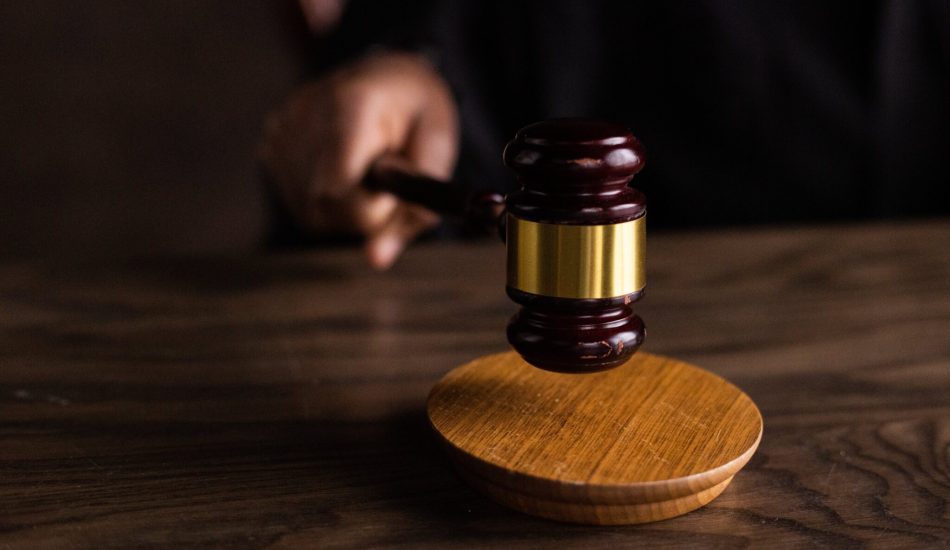What Is A Bench Warrant?

You may have heard of situations where the police arrest someone they stopped, not because they saw the person do something wrong, but because they have a warrant out for their arrest. They are referring to bench warrants, which a judge issues authorizing officers to arrest someone.
CIRCUMSTANCES THAT COULD RESULT IN A BENCH WARRANT
The term “bench warrant” comes from the fact that a judge orders the warrant from the bench, which is an old term describing the place where the judge sits when presiding over a courtroom. Judges can issue a warrant for someone’s arrest for multiple reasons.
Missing a court date is the most common reason for a judge to issue a bench warrant. If you are released after being arrested, you receive a citation or ticket obligating you to show up for court. Similarly, if you are released on bail after an arrest, attending all court hearings is a condition of bail. Failing to appear could revoke your bail and a judge might issue a bench warrant.
If you are on probation or parole, a judge might issue a bench warrant if you miss an appointment with your supervising officer. Violating conditions of probation or parole, like failing a drug test or not completing a community service obligation, could lead to a bench warrant. Even failing to pay traffic tickets could eventually lead to a bench warrant for your arrest.
WHAT A BENCH WARRANT DOES
When a judge issues a bench warrant, information about the subject of the warrant is entered into a database that law enforcement officials around the country can access. The information would include the subject’s name, picture, last known address, the jurisdiction where the warrant was issued, and any other pertinent information.
Law enforcement officers usually obtain your ID and check the database whenever they manage a car accident, make a traffic stop, respond to a domestic violence call, and in other situations where they interact with the public. If you have a bench warrant, it will show up and the police can arrest you.
It is rare for police to look for a person because of a bench warrant, although it does happen. More often, an unexpected encounter with the police results in an arrest. When the warrant concerns a felony charge and you encounter law enforcement outside the state, you could be detained until you are extradited to face the charge in Arizona.
HOW TO HANDLE A BENCH WARRANT
You can find out whether a bench warrant has been issued against you by searching here. If you know or believe a judge has issued a bench warrant naming you, contact a criminal attorney immediately.
When you have a reasonable excuse for missing the court date or probation appointment, a judge might agree to simply quash the warrant. A reasonable excuse is something like being in the hospital or attending the funeral of an immediate family member. Having to work or not having childcare is an insufficient reason.
However, if you do not have a reasonable excuse, a lawyer could contact the court and arrange for you to surrender voluntarily. The judge may adjust your conditions of release, including setting bail if you were out on your own recognizance. In some cases where the court believes you made active efforts to avoid appearing in court, you could face an additional charge of failing to appear which could be misdemeanor or felony charge, depending on the seriousness of the original charge.
RESPOND TO A BENCH WARRANT AS QUICKLY AS POSSIBLE
If you have a bench warrant, you should deal with it right away. The longer you wait, the fewer options you are likely to have to resolve the matter.
An experienced criminal attorney could walk you through resolving the warrant and appear in court with you, if necessary. Stop looking over your shoulder and call Grand Canyon Law Group for help today.
